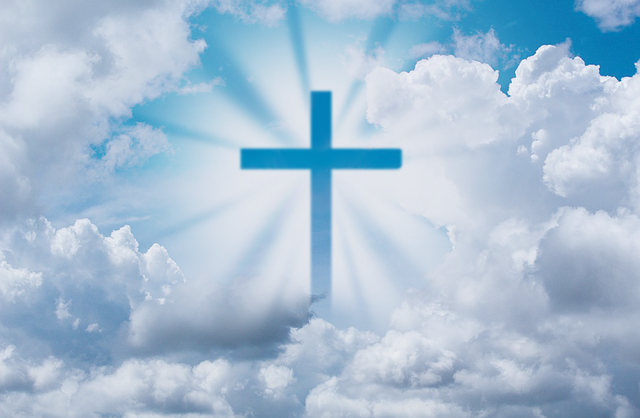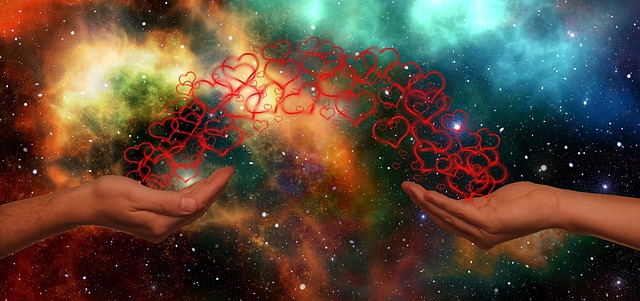 Perhaps it’s human nature, but it seems we are always looking for some Hollywood style miracle to prove that God exists. When no Hollywood style event occurs, it serves to reinforce our doubts. Where is God when we need Him? Why doesn’t He dazzle us with proof of His existence?
Perhaps it’s human nature, but it seems we are always looking for some Hollywood style miracle to prove that God exists. When no Hollywood style event occurs, it serves to reinforce our doubts. Where is God when we need Him? Why doesn’t He dazzle us with proof of His existence?
Perhaps a better question is – would we recognize a miracle if we saw it?
Unfortunately, it seems that we are so accustomed to the true miracles that surround us, that we fail to recognize them. We are blinded by our expectations.
The solution is to step back from our lives and see our surroundings with new eyes.
Enter the humble tree.
The giants of the plant world cover the earth. Different sizes, different types, different characteristics, but with one miraculous commonality. All begin their growth journey as a seed. And that’s where the miracle begins.
Glance up at that 80 foot oak tree and try to imagine where all that mass came from. That tree could weight as much as 20,000 pounds. We all know, in general terms, that plants harvest sunlight and water and use it via photosynthesis to grow and expand. Along the way, the plant absorbs CO2 and releases oxygen. Granted, the plant obtains some nutrients through the roots and soil, but it is hard to imagine how that tree could create so much mass from such a seemingly simple process.
Science will provide an elaborate explanation of the chemical processes that create the mass, but fail to answer the questions of “how” and “why.”
The answers to those questions illustrate the miracle.
Why does the tree reach upward toward the sun rather than spreading out to greater width? How does water travel upward against the pull of gravity? Why do the leaves turn brown and fall off in the autumn?
Most importantly – how is it possible that water, and the energy of sunlight could produce that incredible volume of mass? Yes. science can explain the process, but cannot explain how this came to be. Can such a miraculous and complex process be an accident of nature? Or, could the “nature” we ascribe to this miracle be another element in the puzzle of existence created by that indescribable power we call God?
Next time you enjoy the shade of that oak tree, recognize the miracle it represents.









